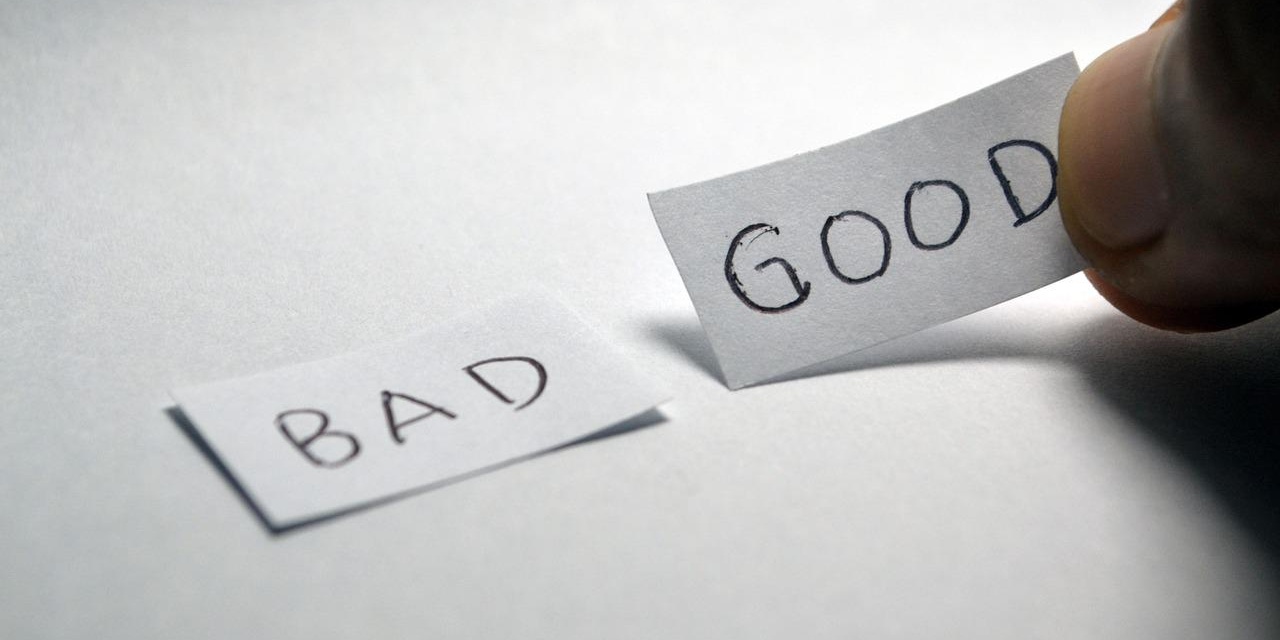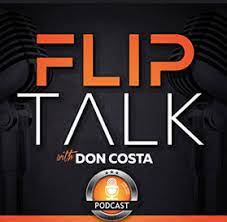|
Check out our new audio content!
Getting your Trinity Audio player ready...
|
Image from Pixabay
By W. J. Mencarow
The value of a note ultimately depends upon the economic conditions that support the value of the property.
An owner-occupied single family house in a good neighborhood located in an area with a long-term stable economy is the best collateral possible. It is further enhanced by a payor who has an excellent credit record and unblemished payment history.
ADVERTISING
Less desirable collateral, in descending order: owner-occupied (owner lives in 1 unit) duplexes/triplexes; non-owner-occupied single family houses; non-owner-occupied duplexes/triplexes; other non-owner-occupied multi-family units; improved land; commercial (non-industrial) properties; resort properties; subdivided but unimproved lots; raw land (some buyers would use a slightly different hierarchy).
Due to the current regulatory environment in the U.S., industrial properties, gasoline stations, even properties with underground oil tanks have many hidden liabilities. Notes secured by such properties should be avoided. Cooperatives, time-shares, mobile homes and personal property are not real estate and by themselves are not adequate security for notes.
The higher the investment-to-value ratio, the riskier the note (ITV = amount paid for the note + senior lien balance/market value of property).

Image from Pexels
If there is little or no appreciation in the property, the loan-to-value ratio is a barometer of the likelihood of default. Notes on property purchased for $1,000 down or less often default. The higher the downpayment, the better.
An amortized note is more valuable than one with a balloon, since the payor may not be able to make the balloon payment.
The single most powerful financial aspect determining the value of a note is the amount of the monthly payment. For example, all else equal, a 10 year note with a large monthly payment and no balloon is worth more than a 10 year note with a smaller monthly payment and a balloon.
A note in the first lien position is more valuable than one in the second lien position. Third lien or lower notes are worth very little.
A second lien note with a huge balance first lien should be avoided. In case of foreclosure, the owner of the second lien would have to make the payments on the first.
A seasoned note (one with a payment history of several years or more) is better than a green note (little or no payment history).

Image from Pexels
The payor’s credit history is important to help determine the character of the payor and likelihood of default, but it is not infallible. Everyone, even those with the best credit, can lose their incomes, have medical emergencies or suffer other unforeseen catastrophies. The best use of a credit report is to identify a potential bankruptcy candidate.
Again: The value of a note ultimately depends upon the economic conditions that support the value of the property.
Copyright 2022, The Paper Source, Inc. and W. J. Mencarow.
W. J. Mencarow is president of The Paper Source, Inc.



















